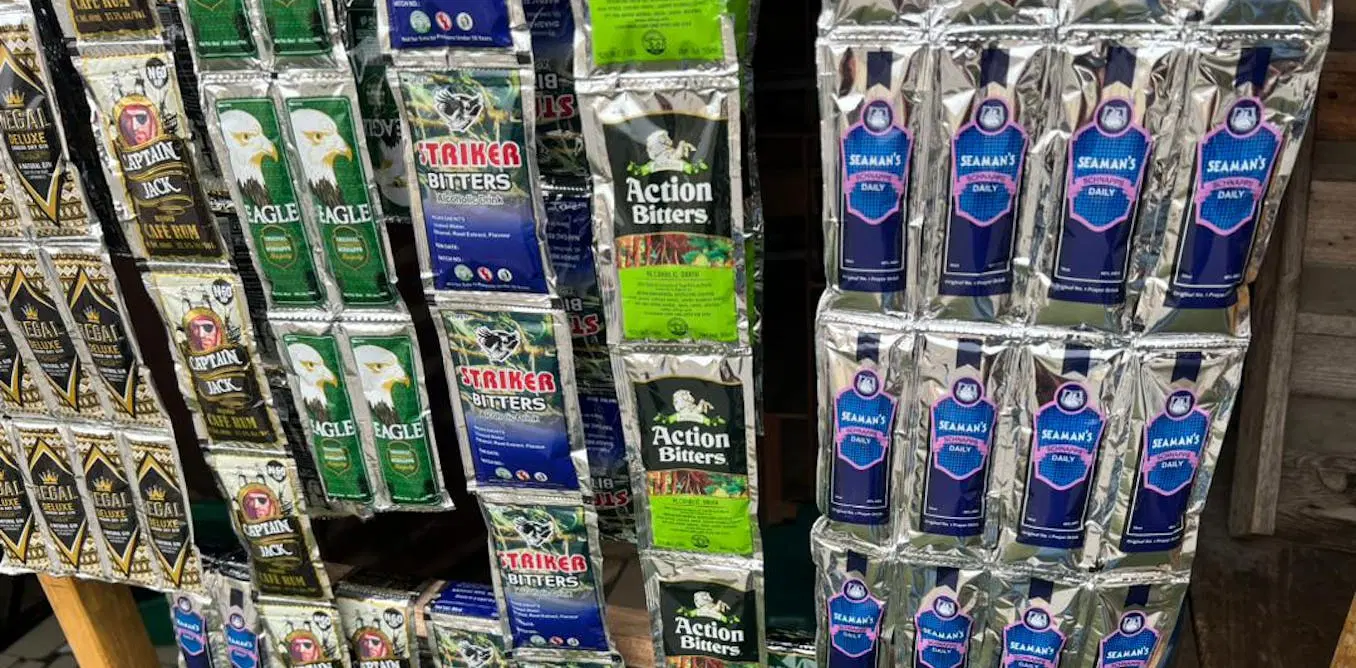The Cocoa Research Institute of Nigeria, located in Ibadan, Oyo State, announced on Thursday that cocoa prices have surged to an all-time high of N15 million per tonne, up from N1.8 million in January 2024.
This was disclosed by the institute’s Executive Director, Patrick Adebola, during a joint press conference marking CRIN’s 60th Anniversary and the 18th edition of the Research Institutes Games of Nigeria at the institute’s conference hall in Idi-Ayunre, Ibadan.
Adebola attributed the sharp increase in cocoa prices to an outbreak of disease in Côte d’Ivoire and Ghana, the world’s leading cocoa producers.
He explained that this situation has resulted in a 40% loss of cocoa crops in these countries, significantly affecting global supply and driving up prices.
“Cote D’Voire is the largest producer of cocoa, producing about two million metric tonnes, followed by Ghana with 900,000 metric tonnes. Nigeria is still 300,000 tonnes. Meanwhile, we have more land and everything than both countries. Nigeria can become number one.
“The country has the potential to become the highest producer of Cocoa and boost its foreign exchange earnings if adequate attention is given to the sector by the government.
“I believe that the current administration of President Bola Tinubu is doing the right thing because I can see a lot of improvements in terms of support to farmers. That support should reach the right farmers and not the political farmers.
“As of January 2024, a tonne of Cocoa used to sell for N1.8m, the price has risen to about N15m per tonne but has now stabilised at N12m. That is to tell you that Cocoa production is no joke, it is the way to go now.”
He called on the Nigerians, especially the youth, to pursue agriculture, particularly in crops like cocoa, cashew, and others.
“So, agriculture is where to go. That is why we are encouraging our youths to take advantage of age and go into tree crop farming such as Cocoa. They will never regret it,” he said.
Adebola pointed out that 22 states across the Federation, including those in the South-West, South-South, South-East, as well as Adamawa and Taraba, have fertile soil suitable for profitable cocoa cultivation.
However, he advised potential cocoa farmers to conduct soil testing before planting.










